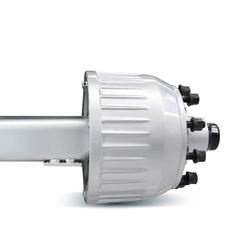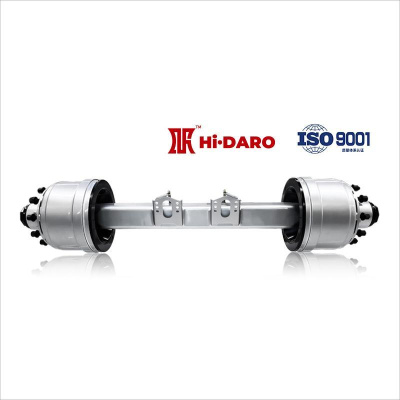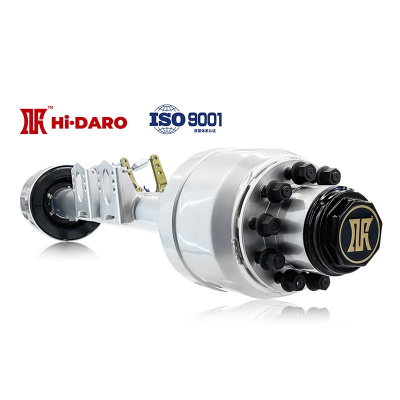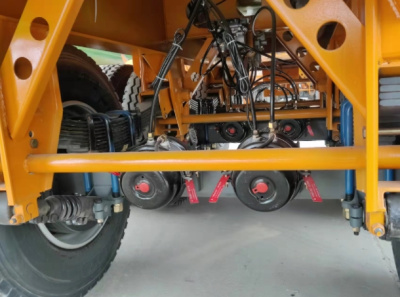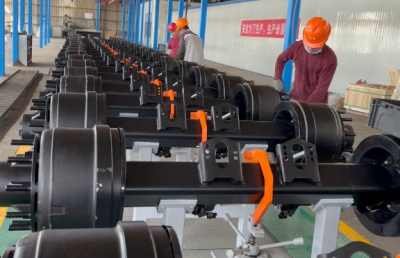What are the hazards of a vehicle being parked for a long time?
Many car owners know that vehicles, as a means of transportation, should not be left stationary for a long time. It is best to start them every week or so and drive for a short distance. If the vehicle remains stationary for more than 3 months, it is basically the limit. Various components trailer axle on top of it will also have small faults, just like what car industry experts say: cars are not broken when they are driven, but when they are not opened for a long time.

The Hazards of Long Term Vehicle Stopping
Battery loss leading to scrapping
If the vehicle does not start for a long time, the battery level will not be replenished, and the battery level will decrease, making it more difficult for the vehicle to start. In addition, many batteries used in vehicles will generate self discharge even when not started, and the battery capacity can decrease by more than 1% in a day and night. After long-term self discharge, sulfide can easily form on the surface of the electrode plate, affecting the subsequent charging effect of the battery, leading to early scrapping of the battery.
Tire leakage or deformation
The tire is the only part of the vehicle that comes into contact with the road surface. When the vehicle is stationary, its weight also concentrates on one surface of the tire for a long time, causing deformation or air leakage of the tire. In subsequent use, it is easy to experience shaking, abnormal wear, and even tire blowout, which affects driving safety.
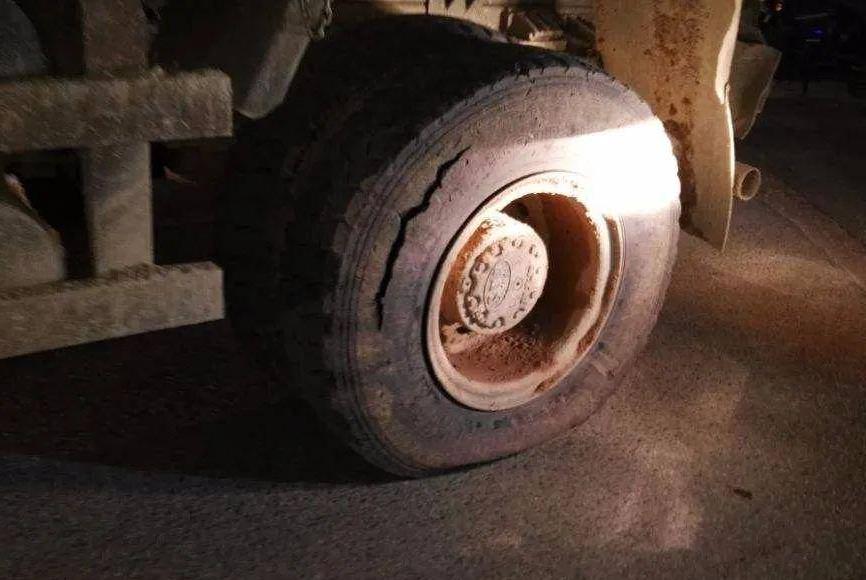
Aging of rubber components such as oil seals
When the vehicle is parked, the force applied to the oil seal around it is uneven, resulting in different variations in the oil seal in different directions. The larger the variation, the harder it is to recover until the oil seal undergoes trailer axle permanent deformation. In addition to oil seals, hoses, belts, etc. on vehicles are also prone to malfunctions.
Oil loss, oxidation, deterioration
Vehicles that have been parked for a long time may also experience loss or deterioration of their internal oil, with engine oil being the most affected. In general, there is a certain limit to the shelf life of engine oil after being unsealed. When the engine oil is stopped for a long time, the oxidation effect of the engine oil is obvious, which affects its subsequent lubrication effect. When the engine starts again, dry or semi dry friction will form between the cylinder and piston, accelerating the wear of parts and causing difficulty in starting.
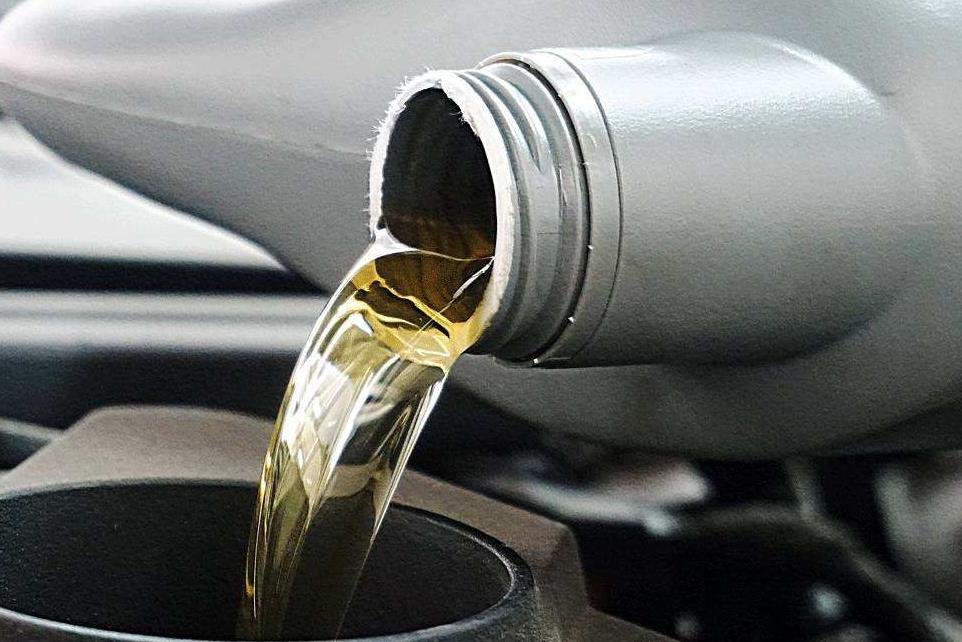
Electronic component failure
The electronic components and connectors on the vehicle should be waterproof, moisture-proof, and corrosion-resistant. If the vehicle is stopped for a long time, the likelihood of electronic components getting damp increases. The longer the stop time, the higher the probability of failure.
Rust or damage to the braking system
Car owners usually apply the handbrake when the vehicle is parked. When parked for a long time, the handbrake cable is in a long-term tight state, which affects its service life. If the area where the vehicle is parked has a lot of rainwater, the wheel end area is prone to rust or even deformation, which affects subsequent use.
Rust on the body or chassis
If the vehicle is parked in the open air for a long time, wind and sun can have a certain impact on the car paint. If there is a lot of rain during the parking period, it is easy to cause rust, fading, oxidation, and even cracking and trailer axle paint peeling on the carriage, car panels, and chassis.
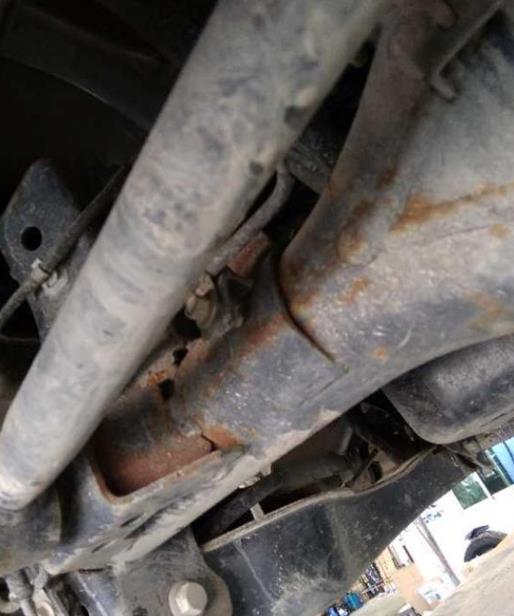
If for some special reasons, the vehicle has to be stopped for a long time, what can be done to minimize the damage?
1. Before parking the vehicle, clean the entire vehicle thoroughly, fill the fuel tank with full fuel, adjust the tire pressure to the upper limit, and turn off the entire vehicle's electrical circuit.
2. Try to park the vehicle in a flat, windward, rainy, sunny, and dry area, and turn the steering wheel back to the right direction.
3. Try to move the vehicle every other week to avoid the tires from supporting the ground at the same location. If possible, try to drive a short distance every week, apply more brakes, and wear off the rust on the brake pads.
4. The electrolyte level of the battery must be 10-15mm higher than the electrode plate. If it is insufficient, distilled water should be added in a timely manner to maintain sufficient power; If the fuel powered vehicle has not been started for 5 consecutive days, it needs to be started for more than 30 minutes; It is recommended to start the hybrid car every 5-8 days, with a starting time of about 10 minutes; If the battery is severely depleted during restart, do not try multiple times and should carry out grounding rescue.
5. If the vehicle has been parked for more than a month and there are no conditions for starting or moving, it is recommended to drain the antifreeze and engine oil, remove the battery pile head, and do a good job of moisture-proof and anti-corrosion.

